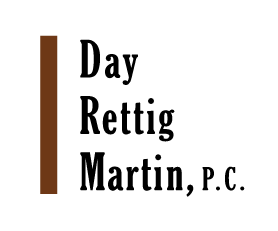According to a recent survey from Bank of America, only 11% of employees can name four of the distinguishing features of a health savings account (“HSA”). The four HSA traits that employees don’t understand include the triple tax advantage; HSA funds can be invested; the assets are portable; and the high-deductible health plan eligibility requirement.
Triple Tax Advantage
HSAs offer three separate tax benefits. Contributions are pre-tax, meaning the employee doesn’t pay taxes on the income received that goes into the HSA account. This is similar in concept to a 401(k) or IRA. Next, investment gains are tax-free. Lastly, withdrawals for qualified medical expenses are not taxed. In contrast, while a 401(k) or IRA offer pre-tax contributions and tax-free earnings, the withdrawals are taxed. There is a penalty when withdrawals from an HSA account are made for nonqualified medical expenses. However, once an individual reaches the age of 65, withdrawals can be made for nonmedical reasons without a penalty, but the amount would be treated as ordinary income for tax purposes.
Investing HSA Funds
HSA funds can be invested. Early contributions to one’s HSA account at a young age can grow over time and provide funds for medical expenses which will likely be larger at an old age.
Portability of HSA Assets
HSA accounts are owned by the employee. They stay with the individual and can be taken if the person changes jobs. In contrast, Health Reimbursement Accounts (“HRA”) are funded exclusively by the employer. Therefore, HRA accounts are not portable.
High-Deductible Health Plan Eligibility Requirement
To qualify, the employee must be on a high-deductible health insurance plan. By definition this means having a deductible of at least $1,350 for individuals or $2,700 or more for families. Additionally, out-of-pocket maximums can’t exceed $6,750 for individuals or $13,800 for families. You know it’s a good deal when the government imposes restrictions on how much you can contribute. Currently, the limits are set at $3,500 for individuals and $7,000 for families per year. All of these figures are set to increase by $50 for individuals and $100 for families, respectively.
Please contact the attorneys at Day Rettig Martin, P.C. for assistance with your labor and employment law needs.


 Visit Our
Visit Our Contact Us
Contact Us